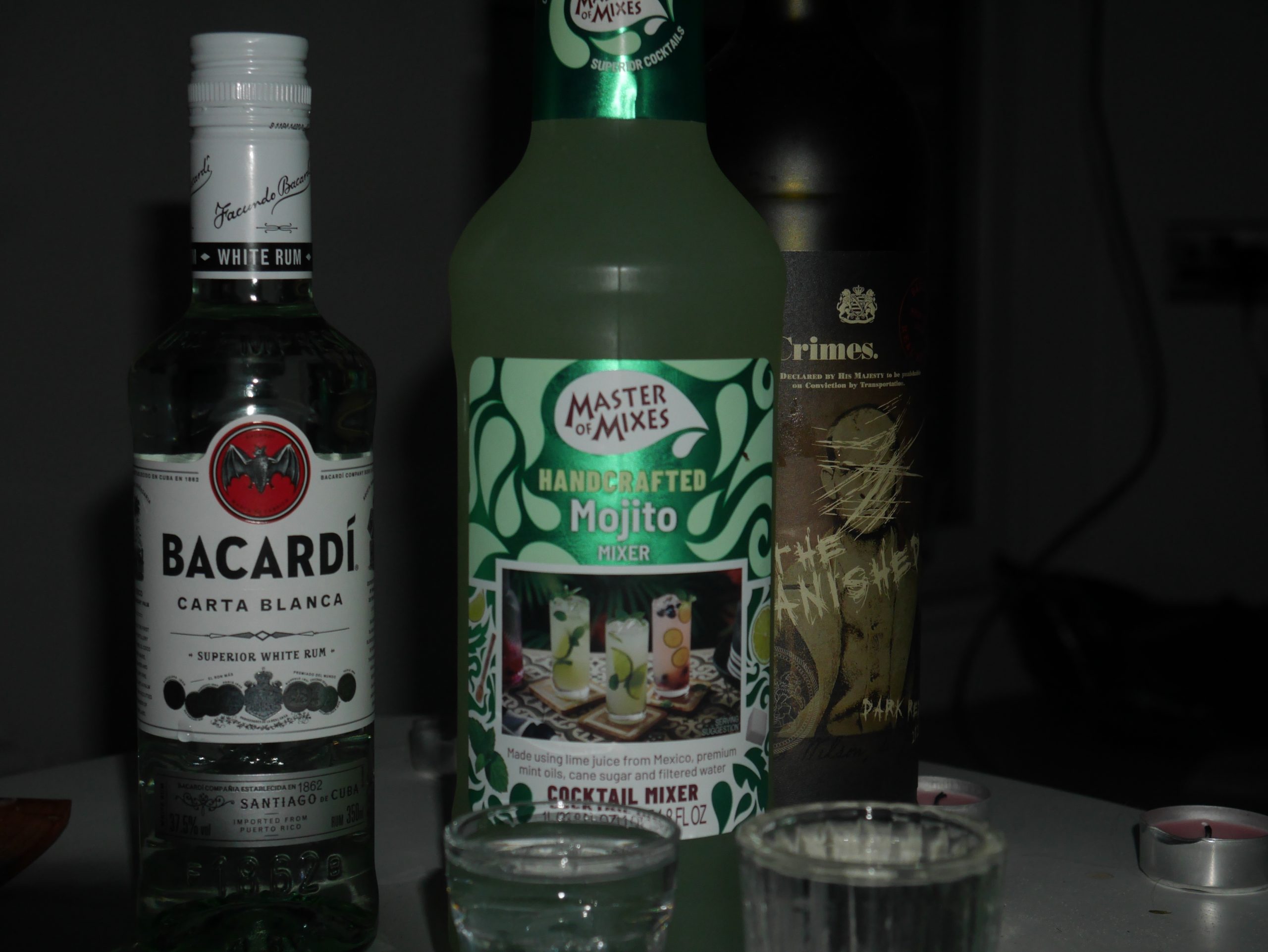Drinking is an integral part of Irish culture. You only have to look to the past two years of lockdowns to realise that alcohol has an undeniable, and often detrimental, hold over our social lives. In Trinity, most societies will have at least one event each month that centres around alcohol in some way, but this norm poses several challenges for students and in some instances is inherently problematic.
Most society events are held with extroverts in mind, reflecting a society in which extroversion is praised and introversion is seen as something to be overcome. Late night, alcohol-based events open to large groups of people can be exhausting for introverts, discouraging them from attending events and making new friends. The same can certainly be said for socially anxious students, who may find interacting with large groups of inebriated students totally overwhelming and will either not participate or be exceedingly anxious during society events. If the purpose of these events is to facilitate mixing among students outside of class, varying events to cater to students who find socialising more difficult should be common practice.
“Students who commute to college are at a disadvantage when it comes to society nights out. For students living outside of Dublin, they will likely have to leave events early in order to catch a bus or train.”
Similarly, students who commute to college are at a disadvantage when it comes to society nights out. For students living outside of Dublin, they will likely have to leave events in order to catch a bus or train that will get them home early enough to be up for college the next morning. For students who live in Trinity Hall or other accommodation in the city centre, getting home safely from a pub or nightclub is far easier. Previously, students commuting to college could simply stay with friends in the city after a night out, but rising COVID-19 cases have meant this is not always possible, especially given Trinity Hall’s decision to ban overnight guests.
The pandemic has also restricted socialisation for students who are medically vulnerable or live with someone who is in a high-risk group. Pub-based, indoor events, even if every student is vaccinated, pose a much higher risk for students than an outdoor or masked activity. Until COVID-19 cases decline, societies should take into account the risk these events pose and understand that they exclude a significant number of students concerned for their safety or those close to them. Having virtual options would provide a safer alternative to attending in-person events without FOMO, such as the Instagram lives of debates put up by the Hist and the Phil, or LawSoc recording speaker events. The new hospitality restrictions may be intended to reduce case numbers, but the 12am crush on late-night public transport can be extremely anxiety-inducing.
Alongside the health risks evening events currently pose, there are many students who do not feel comfortable going to nightclubs or making their way home alone at night. In the wake of several spiking incidents in Dublin, many are wary of going to nightclubs, and if they do may not drink at all in an attempt to avoid these dangerous situations. Students should not be restricted from participating in any event, society or otherwise, for fear of being taken advantage of, but this is the reality facing us. For societies, there is no way to guarantee that every student gets home safely from an event, further excluding students who do not feel comfortable travelling home alone. Societies could potentially take advantage of earlier club opening hours to encourage students to have more relaxed nights out, instead of cramming as much drinking as possible in four hours.
“There is a certain expectation (in our society at large, but especially among students) that copious drinking equals a successful night.”
While these factors exclude students who do drink but cannot attend evening events, there are many who do not drink, either by choice or for religious or health reasons. While these students can still attend occasions in pubs and nightclubs, they may be discouraged by the reactions they get from other attendees. While most understand and respect the decision not to drink, there is a certain expectation (in our society at large, but especially among students) that copious drinking equals a successful night. The expectation of drinking can be intimidating for students who would rather not explain their choices or beliefs to others every time they go to an event.
For Trinity’s societies, alcohol will always play a part in organising events as pubs and nightclubs provide natural spaces for students to mix. This trend is reflective of Irish culture as a whole, but students have the power to be more inclusive and understanding of each other’s needs and values than in society at large. Continuing to host a range of events, and perhaps including more daytime activities in their social calendar, will allow societies to be as mindful and inclusive as possible going forward.






